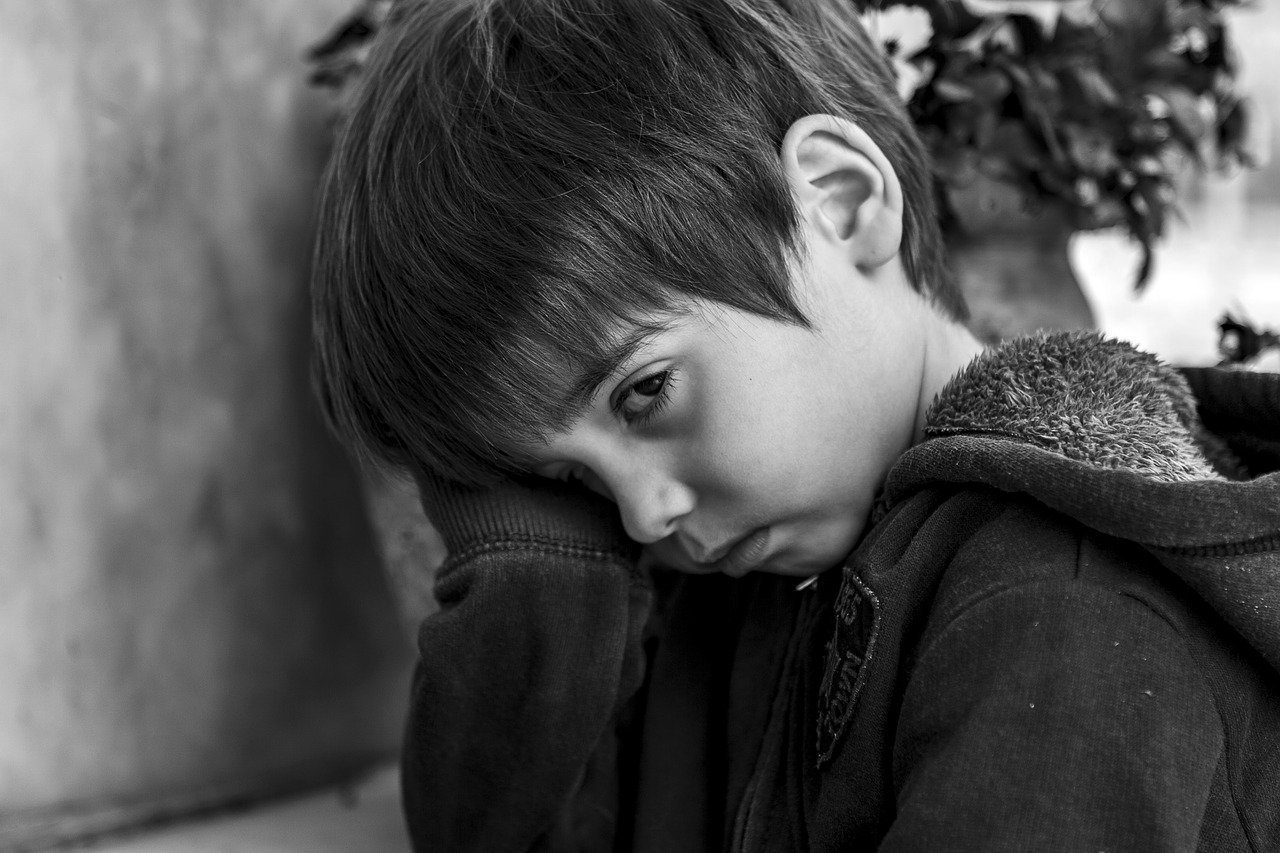Govt to introduce circuit-breaker response to stop children re-offending
It builds on the Government’s Better Pathways package, announced in September, which is already having an impact on offending.

- Country:
- New Zealand
The Government will introduce a ‘circuit-breaker’ response aimed at quickly addressing the repeat offending of a small group of children and young people, Minister for Children Kelvin Davis, Minister of Police Chris Hipkins and Minister for Social Development and Employment Carmel Sepuloni announced today.
It builds on the Government’s Better Pathways package, announced in September, which is already having an impact on offending. In August there were 75 ram raids, while as at 21 November this had dropped to 15 so far for the month.
“While the Youth Justice system can act as a circuit-breaker for young people aged 14 to 17, there is a small number of children aged 10-13 who continue to reoffend at a high rate,” Minister for Children Kelvin Davis said.
“At the moment when Police make an arrest, children often end up placed back in the community with little support and few limitations on their behaviour until a more comprehensive plan is in place. This can lead to re-offending again before the process for the first offence even begins.
“The new response will mean when a child is identified or apprehended by Police for offending behaviour, information will be shared with Oranga Tamariki within 24 hours, with an agreed plan on how to deal with and support the young person confirmed in 48 hours.
“At the moment it can take weeks for a family group conference or court proceedings to take place. This change will mean an urgent plan is agreed to ensure a child is dealt with and getting any support they need immediately to help stop them offending again.” Kelvin Davis said.
“Approaches like this work. They are already used in various parts of the country, sometimes led by community organisations, and often in partnership with Police. I saw some of the great work being done during my visits to every Police district this year,” Police Minister Chris Hipkins said.
“By taking this approach, fast-tracking it and applying it to a small group of 10-13 year olds who are serious and persistent offenders, we can help address the recent spike in offending and continue to see the number of ram raids come down. Already we’ve seen a reduction of nearly 80% over the past three months.” Chris Hipkins said.
The initiatives announced and expanded through the Better Pathways Package have contributed to these improved numbers, with around half of the most serious and repeat young offenders that have been identified and targeted now back in education or training, and we want this momentum to continue.
“We’re doing what works, unlike National’s boot camps that have a record of failure. The initiatives we have put in place and are now extending are proven to be effective at reducing crime,” Social Development and Employment Minister Carmel Sepuloni said.
“Alongside today’s announcement, we are also going to expand part of that package, Kotahi te Whakaaro, to include 14-17 year olds in South and West Auckland. This programme alone is seeing promising results, so far providing 104 children and 197 of their siblings with the support they need. In South Auckland, of the young people referred after committing a ram raid or other vehicle offence, just 14 per cent have reoffended,” Carmel Sepuloni said.
“In addition to that, we’re doubling down on our efforts and supporting locally-led solutions in Te Tai Tokerau, Tāmaki Makaurau, Bay of Plenty and Waikato. Support will be provided through regional public service leads to expand on or continue delivering services that are targeted at high needs children and young people, as well as those apprehended as a result of ram raids.
“The data shows that many of the children and young people who have engaged in offending behaviours are experiencing complex difficulties in their lives, including violence in the home and disengagement from education. This funding, alongside the expansion of Kotahi te Whakaaro, allows us to deal with and respond to the needs of children and young people who are doing the offending, as well as their families to help change the environment they are living in.” Carmel Sepuloni said.
(With Inputs from New Zealand Government Press Release)
- READ MORE ON:
- Kelvin Davis
- children
- Carmel Sepuloni
- Better Pathways Package
- Chris Hipkins
ALSO READ
Children of ministers add excitement to Karnataka LS elections
Haryana: Five children killed, 15 injured as school bus overturns in Mahendragarh
Six school children killed, several injured in bus accident in Haryana's Narnaul: Police.
Andhra: 13 children injured during Ugadi Utsavam celebrations in Kurnool
Mentally disturbed man axes wife, seven minor children to death in Pak's Punjab province










